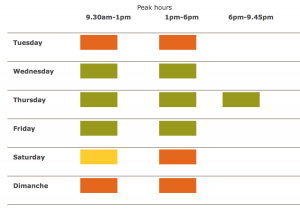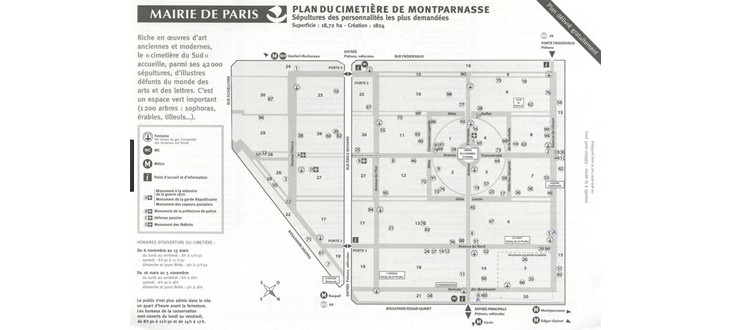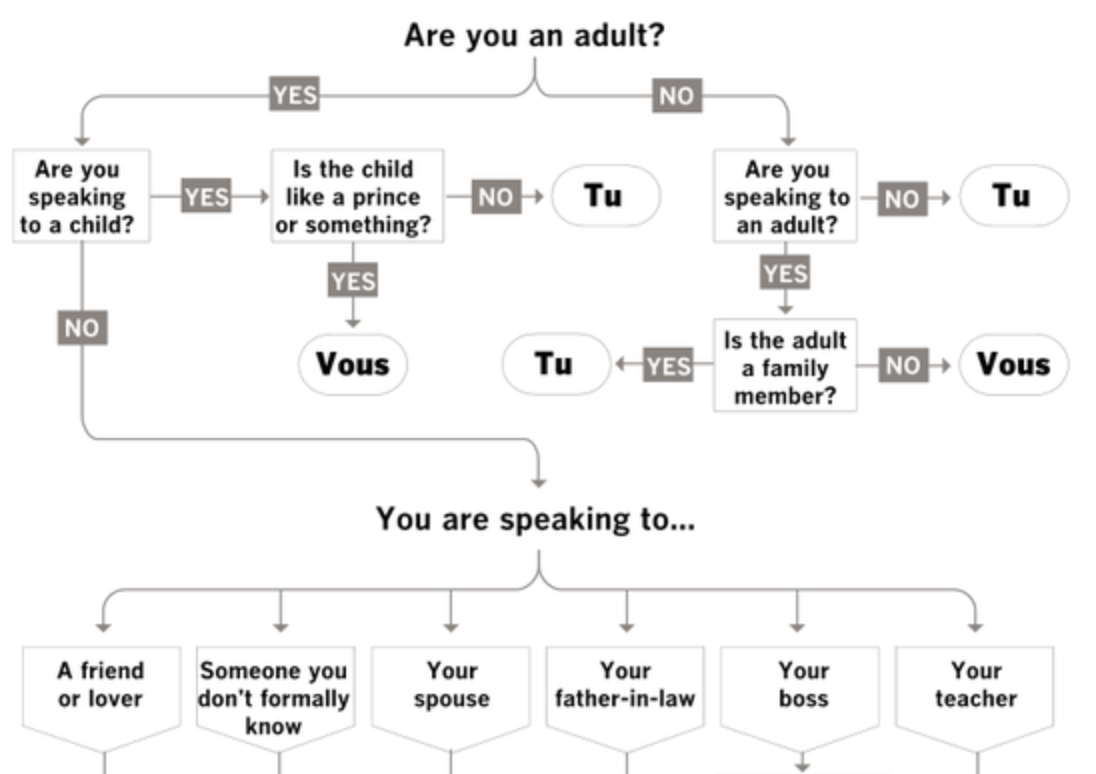The movement to more aggressively change admissions standards and affirmative action strikes at the very heart of what France is and will be. We in the United States, despite our seemingly endless racial issues and divides, are far more used to the pulls and pushes of the new global economy. Sure, we are all scared of losing what we thought we had in some lost golden time we remember, but we do have 50 plus years of addressing hidden inequities. That’s not to say that we have solved them, by any stretch of the imagination, but we have tried numerous approaches and most of us know as Americans that our history has and likely always will be in a diverse population.
At the same time, this evolution is fraught with with the same pulls of meritocracy versus affirmative action, “standards” versus opportunity. And this is felt the most strongly at the Grandes Ecoles in France, where accepted students are almost guaranteed a life of success, even more so than one would expect from a degree from Harvard or Yale. For years, students at these schools were social and economic class-selected because entrance exams were not only intentionally culturally biased, but because some kids just didn’t get the early education that would allow them to even be considered, and that’s why using resources for kids to learn languages such as igcse english first language tuition could be really helpful to improve knowledge in kids.
Very early on, in middle school, kids are selected for tracks. If at that time, you’re not considered to have the potential to eventually take the BAC, you are on a very different track. While in graduate school in Paris in the ’80s, at the decidedly not “Grande Ecole” Paris X Nanterre, I tutored kids like this at the Lycée Matignon. Many of the very bright kids there had been designated as “losers” in the game of meritocratic selection. This private school. for kids whose families could afford it, made up for bad choices and slow starts, and the kids were all destined for bigger careers than as butchers or assembly line workers.
In the debate recounted in today’s New York Times, we see the familiar tension over whether affirmative action will affect standards, or enrich the future of France by finally bringing non-White Frenchmen and women into the highest ranks of French education.
I say good luck to them on this aggressive move and how they address standards and cultural differences. They are in for a rough road though, I fear. France is so monolithic a culture, so codified, that it will be even harder for them to determine what is and is not important for intellectual success. For a very good lens on the current challenges of integration in France, make sure to see Entre les Murs, or “La Classe”” in the American release. 
PARIS — France is embarking on a grand experiment — how to diversify the overwhelmingly white “grandes écoles,” the elite universities that have produced French leaders in every walk of life.France is prodding schools like Sciences Po in Paris to set a goal of increasing the percentage of scholarship students to 30 percent.
Because entrance to the best grandes écoles effectively guarantees top jobs for life, the government is prodding the schools to set a goal of increasing the percentage of scholarship students to 30 percent — more than three times the current ratio at the most selective schools. But the effort is being met with concerns from the grandes écoles, who fear it could dilute standards, and is stirring anger among the French at large, who fear it runs counter to a French ideal of a meritocracy blind to race, religion and ethnicity.
France imagines itself a country of “republican virtue,” a meritocracy run by a well-trained elite that emerges from a fiercely competitive educational system. At its apex are the grandes écoles, about 220 schools of varying specialties. And at the very top of this pyramid are a handful of famous institutions that accept a few thousand students a year among them, all of whom pass extremely competitive examinations to enter.
[From Top Schools in France Pushed to Open Meritocracy – NYTimes.com]






